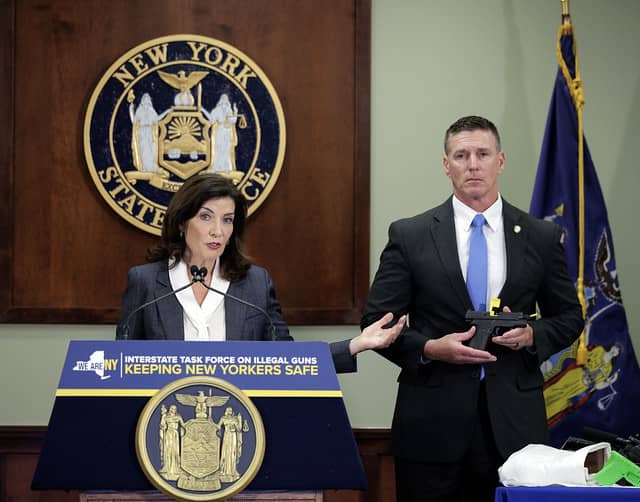Judge O’Connor has vacated the ATF’s classification of certain gun triggers as machine guns. This decision comes from the Cargill case, which influenced other firearm rulings. The judge emphasized that it is not a court’s job to change laws, even if some events suggest change is needed.
Judge O’Connor ruled that the ATF exceeded its authority. He stated that the ATF’s actions diverged from the National Firearms Act. The ATF’s attempt to classify specific triggers as machine guns was seen as overreach. The court vacated the ATF’s rule and stopped its enforcement against certain groups. This included specific plaintiffs and their customers, provided no other legal actions contradicted this decision.
The judge ordered the ATF to return 11,000 confiscated triggers within 30 days. This ruling impacts various firearm and ATF cases, focusing on the “single function” of a trigger. The court stressed the importance of maintaining the separation of powers. This is to ensure that unelected individuals do not create laws.
The case highlights the importance of following democratic processes. It shows how agencies should not bypass the legislative process to achieve policy goals. The ruling reflects a commitment to uphold the constitutional system of checks and balances.
The decision serves as a reminder. It underscores the role of courts in interpreting laws, not rewriting them. The ruling affects how firearms are regulated and clarifies the limits of agency authority. This decision is significant for gun laws and regulatory authority in the United States.
- HR38 Bill Introduced to Standardize Concealed Carry Nationwide in the US - January 12, 2025
- Oregon Challenges Court’s Rejection of 10-Round Magazine Ban Law - January 11, 2025
- Illinois Assault Weapon Ban Legal Battle Inches Toward Supreme Court - January 4, 2025




